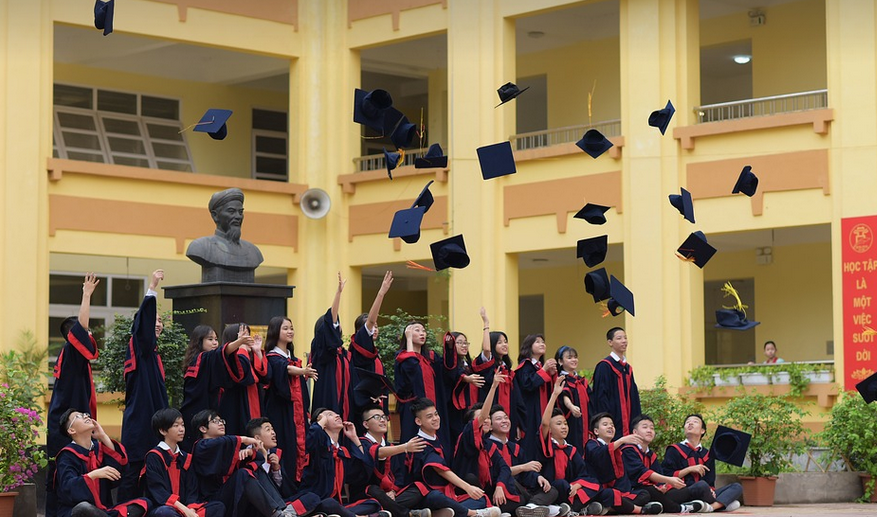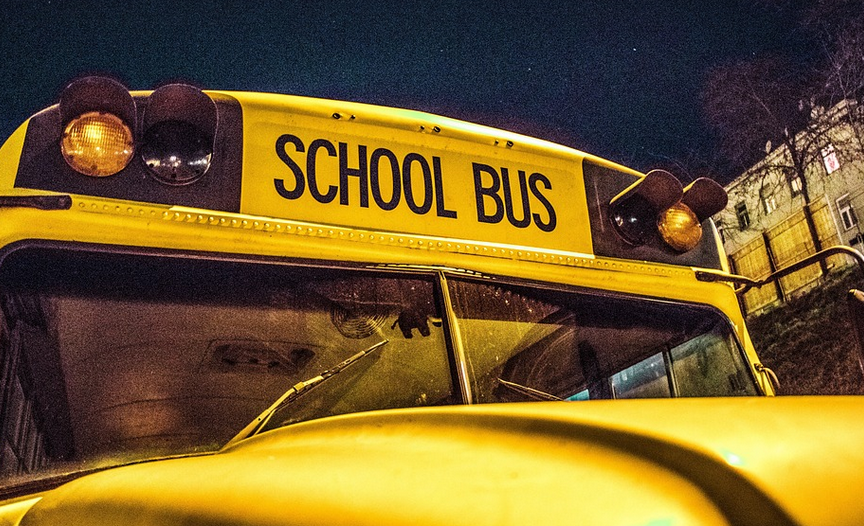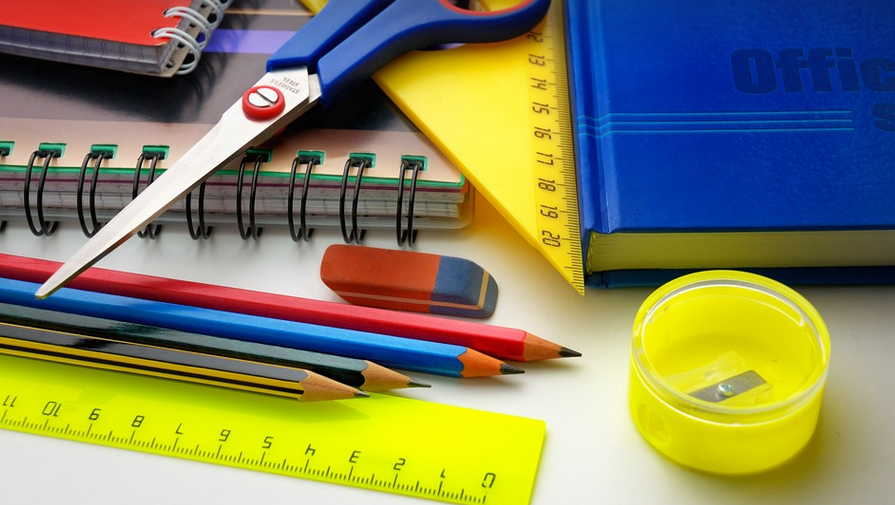
Navigating the Complex World of Special Education
The year is 2024, and the journey through the world of education, especially when it comes to special needs, can sometimes feel like navigating a minefield. We’re constantly bombarded with updates, legislation, and legal cases. One such case that has left an undeniable mark on the field is Oberti v Board of Education. This article delves into this landmark case, offering insights into its implications for students with disabilities and pushing us to understand the complexities of providing adequate support in our schools.
The Oberti case serves as a reminder that our legal framework for special education is not static; it evolves alongside societal understanding and advancements in scientific knowledge. It’s about more than just ensuring a classroom environment for students with disabilities; it’s about fostering inclusion, promoting equity, and creating environments where these children can thrive.
At its heart, the Oberti case revolves around the concept of “appropriate public education.” It challenges the rigid boundaries of legal definitions by focusing on the essence of what constitutes a suitable educational experience for every student. The court recognized that students with disabilities deserve not only access to specialized instruction but also opportunities to develop social skills and reach their full potential alongside their peers.
The case highlights the crucial role of qualified professionals in tailoring individual education plans (IEPs). It emphasizes the importance of collaboration between parents, teachers, therapists, and specialists. These individuals must work together to create a comprehensive plan designed specifically for each student’s unique needs.
Beyond Legal Boundaries: A Shift in Perspective
The Oberti case wasn’t just about legal precedents; it was about shifting the way we view education itself. Before this landmark decision, there was often a disconnect between what we considered “normal” learning practices and the needs of students with disabilities. The case brought to light the crucial point that true inclusion goes beyond compliance with legislation.
The Oberti court’s decision emphasized that education must be about fostering meaningful connections, nurturing self-esteem, and empowering students with disabilities to become active participants in their learning journey. It underscored the importance of not just meeting legal requirements but also creating a truly inclusive classroom environment where everyone feels valued and respected.
The Oberti case opened doors for new methods of support that transcended traditional classroom dynamics. It highlighted the need for creative solutions, such as modified scheduling, specialized learning centers, or even personalized tutoring programs, to cater to individual needs and foster a more holistic educational experience.
A Legacy for Inclusive Education: What This Means in Practice
Beyond legal boundaries, the Oberti case has left an enduring legacy on inclusive education. It has shaped the way we think about special education, sparking further research and discussion on new approaches to teaching and learning.
The court’s ruling has led to a paradigm shift in how we see special education. The focus is now broader: it encompasses not only academic skills but also social-emotional development, self-advocacy skills, and fostering independence within the student body.
Teachers are encouraged to go beyond standardized assessments; they’re challenged to consider alternative methods of evaluation that capture a student’s true potential. This can include creative projects, peer-to-peer learning activities, or even project-based evaluations based on real-world applications.
The Future of Special Education: A Journey Towards Equity
The Oberti v Board of Education case is more than just a legal victory; it’s the beginning of a journey towards true equity in special education. It inspires us to think about what truly constitutes an inclusive classroom – one where all students, regardless of their abilities, feel welcomed, valued, and empowered to learn.
The Oberti case serves as a reminder that progress in special education requires constant effort. We need to invest in research, resources, and innovative approaches to ensure that every student has the opportunity to reach their full potential within a supportive and inclusive educational environment.





